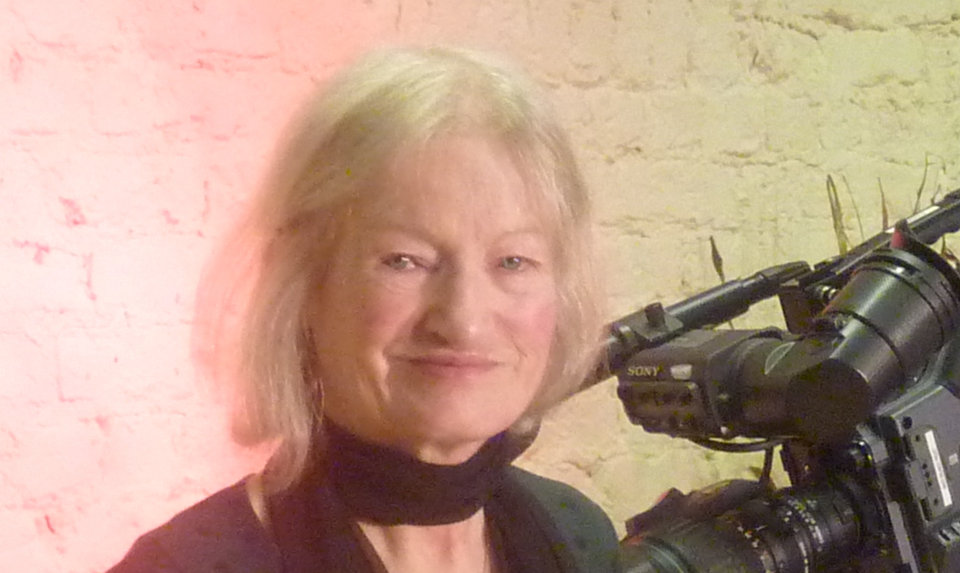Part One of an extended interview. This personal story is subtitled.
The movement for civil rights across the world in the late 1960s acted as a catalyst for Fergus whilst at University College Dublin to think more on the situation in Northern Ireland and how the problems were linked to the political system which was then in force.
“Things like housing, local councillors not wanting to build houses for nationalists because the voting system was based on home ownership…basically, the councillors did not want Catholics to own houses.”
He became a member of the Northern Ireland Civil Rights Association (NICRA). The organisation was created to campaign for social justice on issues such as discrimination against Catholics in employment and housing and the gerrymandering of electoral boundaries. He also joined Peoples Democracy (PD), a political organisation that, supported the campaign for civil rights but believed that such rights could only be achieved through the establishment of a 32 county Socialist Republic.
In the beginning, Fergus believed that a solution would be found quickly but gradually it became clear that “there were people here who wanted the status quo to stay as it was.”
After the attack at Burntollet, it was evident that “people were not going to change”. Fergus went on to join the Northern Resistance Movement, set up following the introduction of Internment on 9 August 1971, and later became Chairman of the Political Hostages Release Committee, which spearheaded the campaign against Internment.
In 1981, Fergus stood in the local elections with John McAnulty and he won the council seat of the SDLP Westminster MP, Gerry Fitt. The other elected councillors did not allow Fergus to speak during Council meetings.
Fergus reflects on the discussions at the time, about whether or not for they should put forwards a candidate for the British Parliament when someone up for election in the British parliament when an opportunity occurred. Political organisations like Sinn Fein were against the idea, but revised their thinking during the 1981 Hunger Strike, when Bobby Sands stood for election and won.




